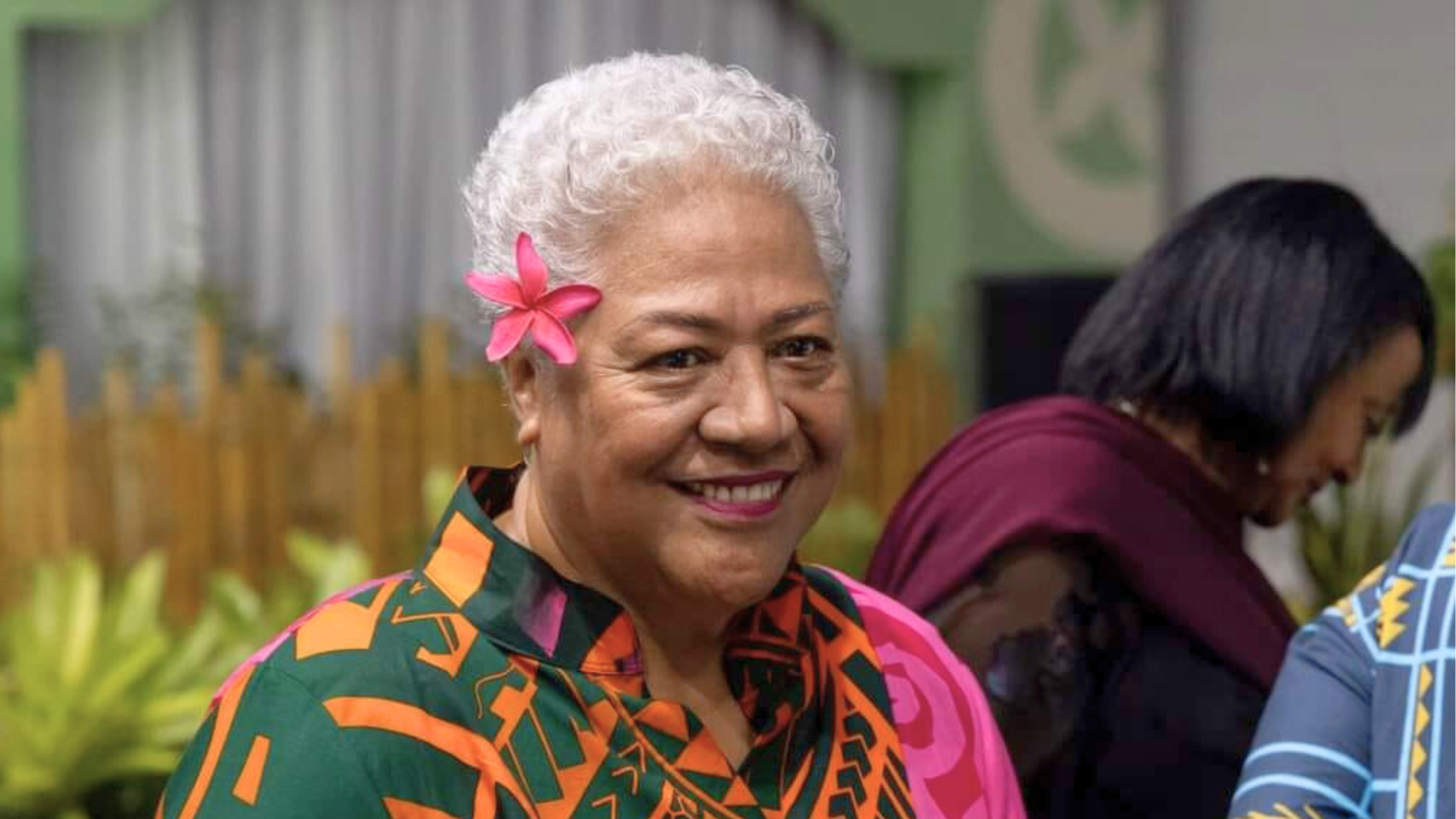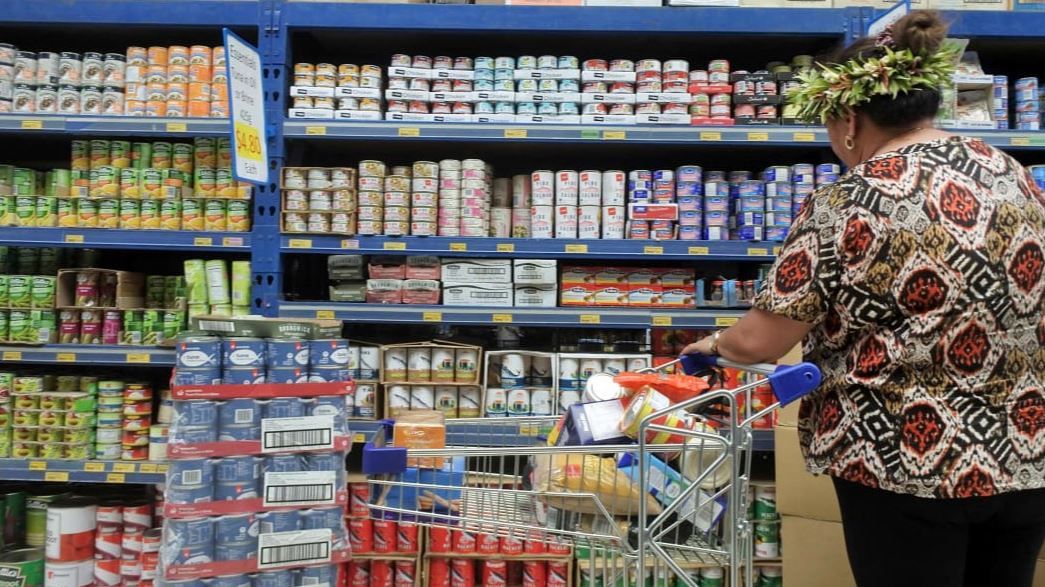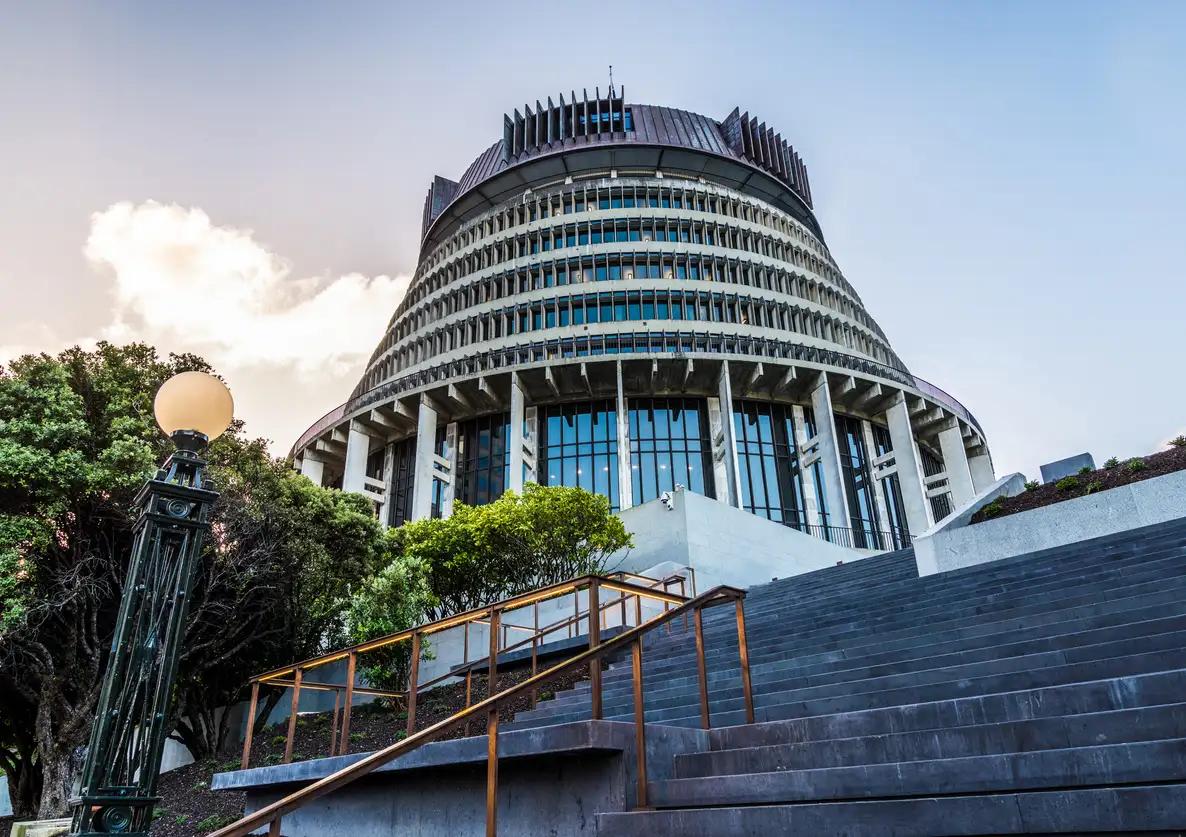

Critics say the 2025 Budget lacks the support for Pacific communities in Aotearoa New Zealand.
Photo/healthyfamiliessouthauckland.nz
Budget 2025: Mixed reactions from Pasifika as key investments and cuts raise concerns
As the Government prioritises business investment over immediate household support, concerns arise around the long-term implications for employment equity, particularly for Pacific women and youth.



Local leadership proves key as Vanuatu reefs thrive amid growing global coral crisis


Manu Sāmoa’s last chance: Journey of resilience ahead of the Dubai repechage


Samoa's ex-PM Fiamē sues Laaulialemalietoa for defamation over murder case claims

Local leadership proves key as Vanuatu reefs thrive amid growing global coral crisis


Manu Sāmoa’s last chance: Journey of resilience ahead of the Dubai repechage
Reactions to the Budget regarding Pasifika communities have been diverse.
Some individuals have outright rejected it or expressed cautious optimism for key investments, while others have pointed out missed opportunities for long-term community-led solutions.
The Government's central gamble is clear, though: It is willing to sacrifice immediate household support to fund business investments that it hopes will eventually lead to wage increases. But not everyone agrees with the coalition's plans to spend all of the government's money over the next 12 months.
Most of this funding comes from taxes - whether from pay cheques, GST, or company tax. Also, ACC levies, emissions trading revenue, and fines also contribute to the budget. So, how much money are we talking about? But before addressing that, let's first understand what a budget is.
The budget has two significant figures: the operating allowance, or opex, and the capital allowance, also called capex. The operating allowance is new money for ongoing costs like public sector wages and infrastructure maintenance. The capital allowance is designated to fund assets such as infrastructure.
The Budget is similar to managing a household: the operating allowance covers bills and groceries, while the capital allowance is for buying a car or a house.
In Budget 2025, delivered by Finance Minister Nicola Willis on Thursday, the government's operating allowance stands at $1.3 billion per year, and its capital allowance is $4b.
While the Budget affects all New Zealanders, including Pasifika communities, specific allocations are made for the Ministry for Pacific Peoples. MPP serves as the Crown's primary adviser on policies and interventions to improve outcomes for Pacific people.
According to the ministry, its key role is to create thriving, resilient, and prosperous Pacific communities by influencing policy decisions and delivering crucial programmes.
In Budget 2025, the MPP faces nearly $36 million cuts, following a $26m reduction from the previous year. Other affected programmes include:
Tauola Business Fund, which will close, but $6.3m will still be allocated to support Pacific businesses through other initiatives.
Tupu Aotearoa, which aids Pacific employment and training, will continue to receive $5.25m annually, despite a $22m cut over the past four years.
Funding for the Dawn Raids reconciliation will be reduced, leaving only two years for its initiatives.
Over the next four years, $1m will be allocated for Pasifika Wardens to improve community services.
New funding, totalling nearly $7 m, for homework and tutoring services in schools with high Pacific student populations will lead to cuts in some existing educational programmes.

Photo/Cook Islands News
Then there are the International Development Cooperation (IDC) projects, mainly affecting government programmes in the Pacific. These will experience a $200m shortfall from January 2026. But Budget 2025 introduces $100m per year to help mitigate this.
In a discussion about Budget 2025, Pacific Mornings' host Khalia Strong explores its implications for Pacific communities with guests Sarah-Jane Elika, the director of ECG Consulting Group, Pakilau Manase Lua, a Tongan community leader, and Ala Vailala PMN News political reporter.
Pakilau expressed disappointment at the Budget, saying it did not support Pasifika, especially women and youth. "No surprises, really, to be fair. It was a very B budget, B for blue National, business, and bugger all for Pacific.
"They've knee-capped women in terms of equity. It's massive, and that disproportionately impacts our women, our mums, our daughters, our wives. They're the ones on the frontline making this country work, and basically, the government said, 'Oh, you're not important - other things are more important than you'.
"What the government's doing is they're focussing on the areas that are fairly well off and doing okay, and they can survive, but leaving us to our own devices," Pakilau says.

Elika says that low-income Pacific and Māori women may shoulder the burden of the government's savings strategy, citing the existing pay equity gap. "I'm all about data and evidence. The pay equity gap between Pākehā men and Pacific women in New Zealand is 20.9 per cent. Pacific women earn 72 cents for every dollar a Pākehā man earns.
"We've just heard that there has been a $3.2 billion savings from the pay equity legislation. So the data sort of addresses the question that there was already inequities before the legislation changed. This legislation genuinely would have helped alleviate a lot of those claims, particularly where Pacific women are in low-income employment. I'm all about looking at the positives that have come out of that.
"Where has that money been redirected? I would say for our Pacific community, the youth and skills development boost is where some of that spend has gone to. So, we need to encourage our young people, 17, 18, 19, 20-year-olds, use the opportunity to get into skills-based education and training because that's where our mum's working dollar has gone to."
Discussing the impact on Pacific-owned businesses, Elika welcomes the potential positive impact of a 20 per cent rebate for capital investment despite the loss of the Tauola Business Fund. But she notes the budget's contradictions, highlighting the low representation of Pacific entrepreneurs.
"We've heard that it's a growth budget, a budget of austerity, a bitsy budget, a business budget. I would say it's a budget of resilience for our Pacific people," she says. "MBIE data says that about 1.6 per cent of small to medium business owners are Pacific entrepreneurs. It's a very small percentage and for self-employed Pacific people, it's about 1.5 per cent of the working proprietors in New Zealand.

The New Zealand Parliament. Photo/LGNZ
"Compared to our Pacific population where there's eight per cent of us, for business owners and business proprietors that are about one to two per cent in New Zealand, there is still a lot of under-representation in the business community.
"However, for business owners, the 20 per cent rebate against taxable income for investment in capital expenditure's a good thing. It is a little contradictory because the Tauola Business Fund is gone, which is the very nature in which business has that investment fund.
"I think we've just been pulled back into that general broader category. But I've just seen set for you the realities of how small the Pacific business community is, looking at the business landscape in New Zealand."
This is Vailala's second Budget coverage. She says this year's budget tone is much sharper and more ambitious, but she warns of potential risks if the economic recovery stalls.
"Ambitious-wise, the government's going big, shifting how we fund tax cuts, overhauling pay equity, and trimming the public sector. But with that comes risk as well. If the economy doesn't bounce back fast enough or if communities feel the pain more than the gain, this budget could turn into a liability rather than a win."
Watch the full panel discussion below.